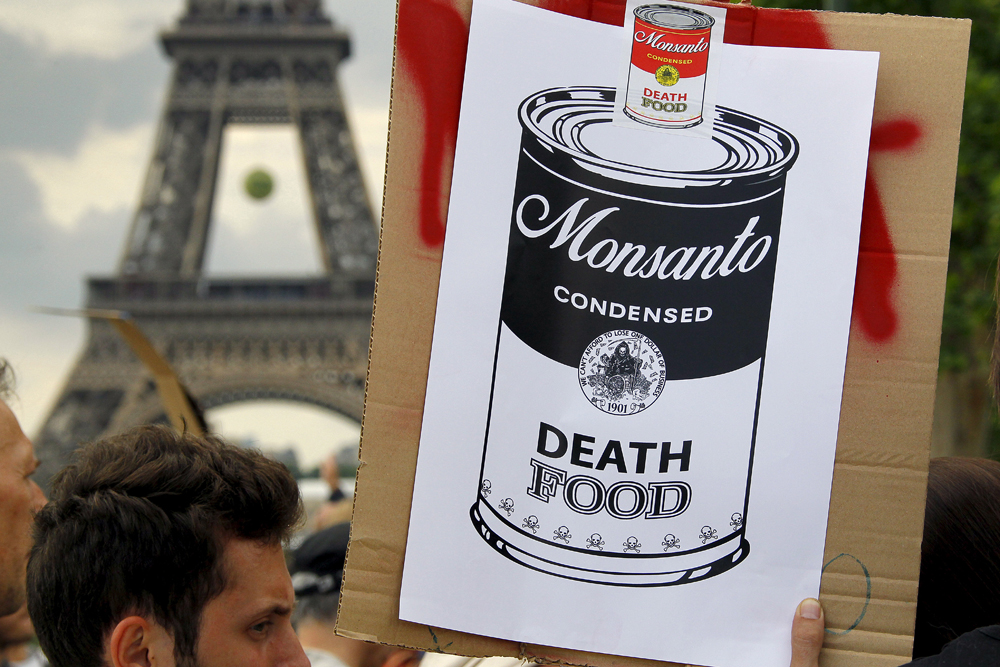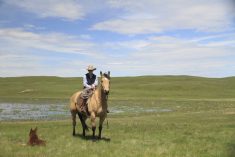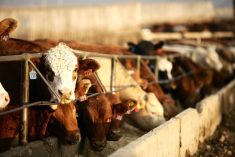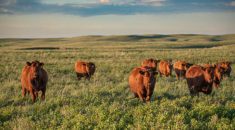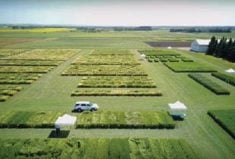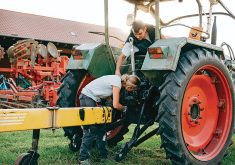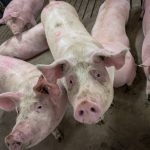Producing food isn’t enough these days — you’ve got to be a hero, too.
That was one of the messages delivered at the recent Public Trust Summit put on by the Canadian Centre for Food Integrity.
The conference, in its second year, attracted a diverse crowd of farmers, food processors, retailers, communications experts, and even food bloggers.
The speaker who gave the ‘be a hero’ message has a foot in many of those camps — Vance Crowe is now employed by Monsanto but he’s also worked for National Public Radio and the World Bank, and learned Kiswahili while volunteering for the Peace Corps in Kenya.
Read Also
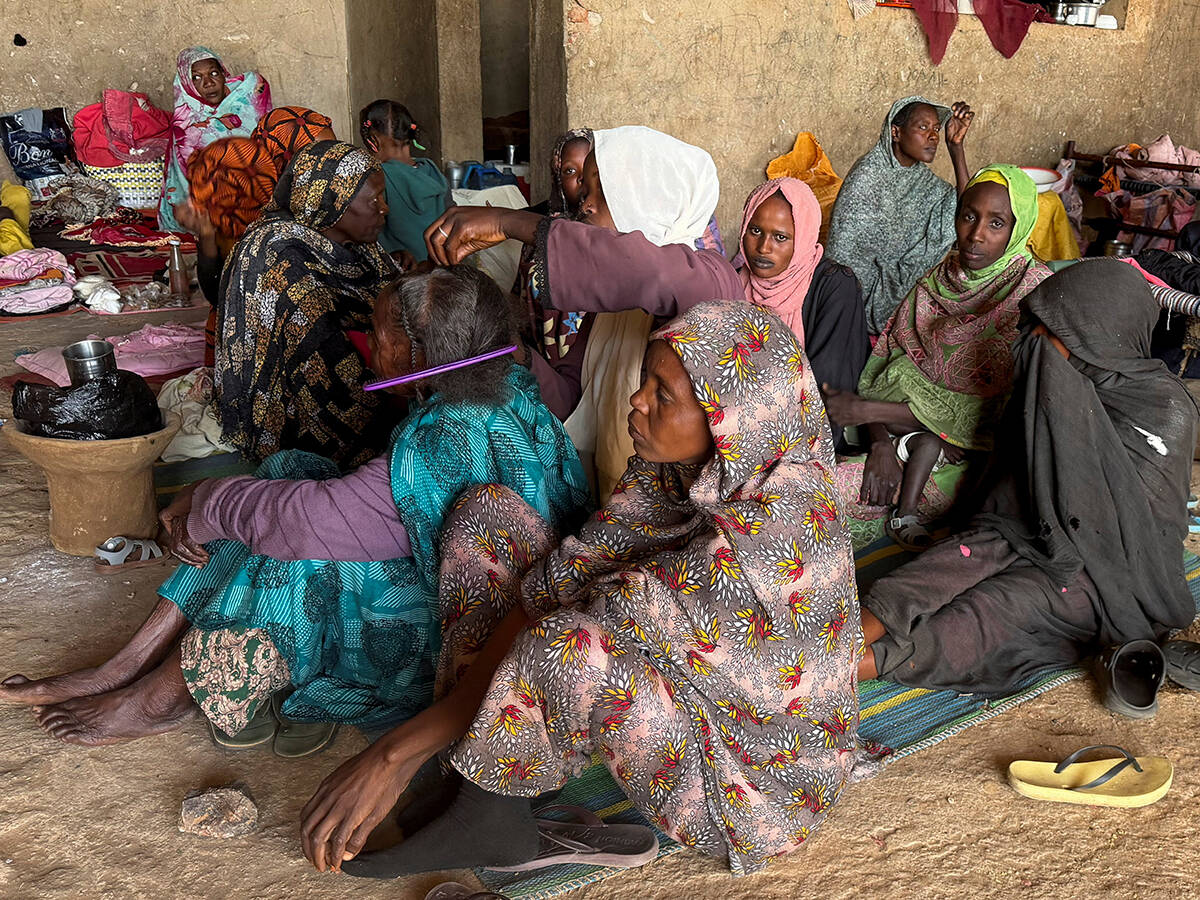
‘Millions will die’: Foodgrains Bank faces $2.7B federal funding threat
Foodgrains Bank warns $2.7B aid cut triggers a humanitarian crisis, risking global hunger relief and 40 per cent of its funding.
As Monsanto’s director of millennial engagement he’s canvassed the views of chemists, bioengineers, critics of his company, eco-modernists (who believe in using technology to reduce humans’ environmental impact), and a host of others. The first step in presenting your case is not to talk — but to ask questions and listen, Crowe told the 200 attendees at the conference.
“The public does not care about what you want to say,” he said. “The very first thing that I learned is that they have questions. They have all sorts of ideas that are already in their minds and in their heads.
“If you come in there with something that you want to say before you understand what questions they have, you’ve already lost.”
The second critical step is to learn how to tell a story.
“No one cares about random facts strung together as though they’re told in linear succession. That’s not actually a story,” said Crowe.
And at the centre of every powerful story is a hero — a person admired for their noble qualities and acts, he said.
“If you go and watch all of the marketing that tries to convey modern agriculture as bad, you know what they are really, really good at? It’s not growing crops more efficiently than us. It’s telling the hero’s journey better than us. If you are advocating for your industry, you must understand the hero’s journey.”
Building trust
Attendees were also told that being open about how food is produced continues to be critical. Charlie Arnot, CEO of the American Center for Food Integrity, described his organization’s “transparency index,” which is used to train companies, producers, and processors so they can effectively respond to consumer skepticism about how they operate.
There are a number of producer groups, food companies, and government agencies dealing with this issue, and they need to work together to reduce duplication and ensure their efforts are co-ordinated, added Ron Bonnett, president of the Canadian Federation of Agriculture.
“Public trust is one of the most critical issues that is facing not just farmers, but the whole production line; our suppliers and people who purchase our products, right to the retail level,” said Bonnett, who co-chairs the ‘public trust’ committee for the Canadian Centre for Food Integrity.
And attendees also heard how the World Wildlife Fund is approaching the issue of consumer confidence in a different way — by encouraging producers to be leaders in reducing food waste.
The environmental organization (which was one of the founding members of the Global Roundtable for Sustainable Beef) says one-third of the food calories produced on the planet spoils, is thrown out, or otherwise wasted. It has set a goal of trying to cut food waste in the U.S. by half by 2030.
“We’re trying, in my organization to use food waste and illegality as a rallying cry to create space for a conversation,” said Jason Clay, senior vice-president of the WWF’s food and markets division.
Farmers figure prominently in that effort through things such as reducing post-harvest losses and boosting soil health to improve productivity which, in turn, reduces greenhouse gases, conserves water, and reduces deforestation.


